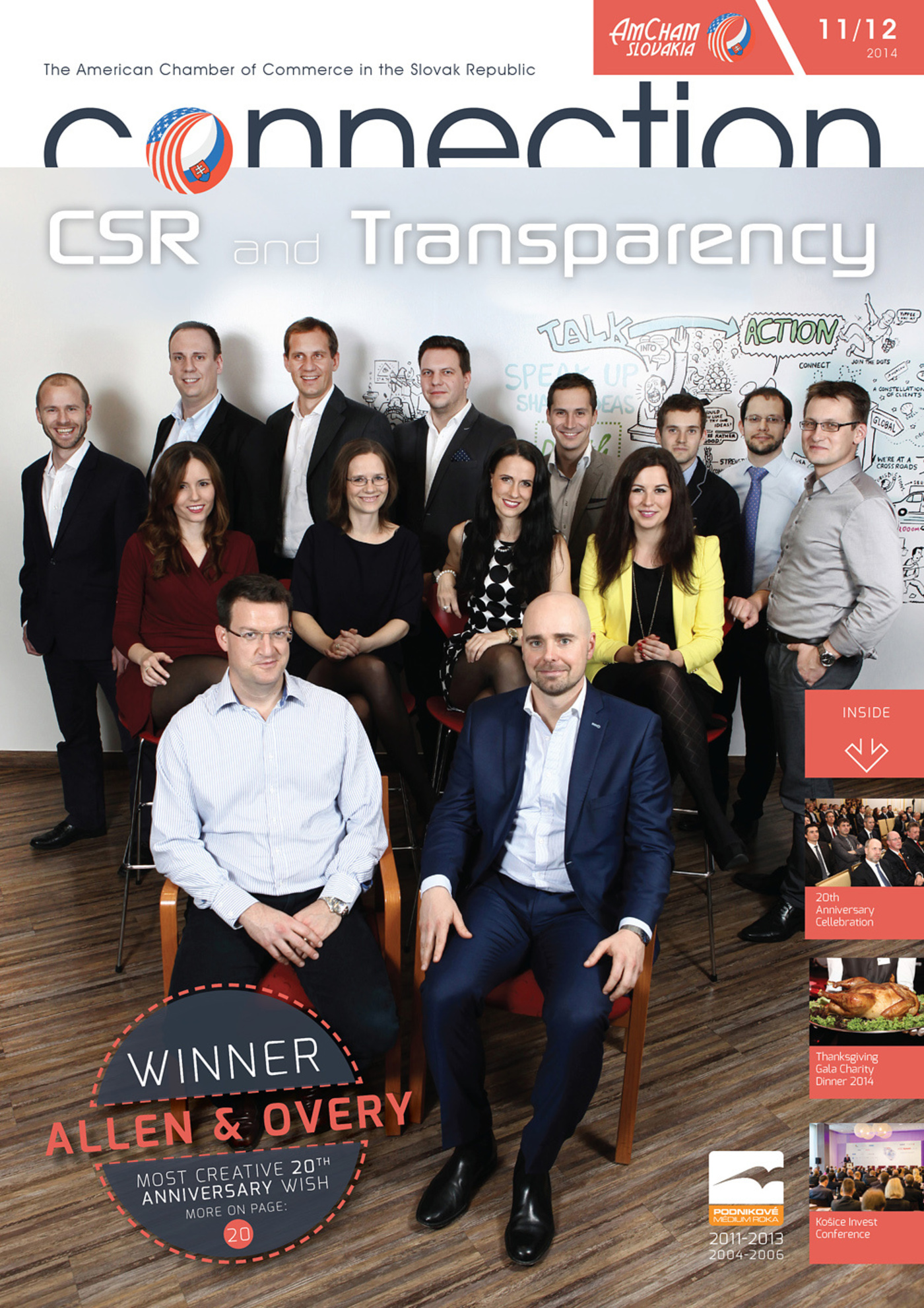What are the main improvements introduced by the new public procurement system?
Our primary goal was to create a transparent system with a simple user interface which is accessible to everyone – particularly local suppliers. Obtaining a state/public contract used to be very difficult for them. This was due to the time, financial and administrative burden and the amount of expertise required to participate in the public procurement process. The increase in accessibility and the opportunity to participate in a fair and transparent competition for state/public contracts is a very significant achievement of the electronic marketplace. I am proud to be able to say that we have succeeded in this, as demonstrated by the contracts realized.
The electronic marketplace effectively utilizes an information system, which allows time savings in comparison with the extremely difficult preparation of procurement documents and the presentation of bids using the previous method, as well as cost reductions related to staff and financial savings.
The public procurement process is shortened from seven weeks to one week on average by the new system, due to a simplification of the system for the users. This significantly reduces staff expenses and fees to suppliers, which were previously unavoidable when taking part in the procurement process.
And last but not least, although this will require a longer period of operation and use of the whole system, I am convinced that the new system will create a significant increase in trust in public procurement.
How will the new EKS system boost transparency in public procurement?
Transparency does not only mean “visibility” but also “understandability”. The electronic marketplace, which is part of the electronic contract system, is more transparent thanks to the establishment of broad public control, which helps to eliminate corrupt behavior. This is also a result of a reduction of human inputs and the automatic execution of most of the steps by the system. The trading process is completely anonymous right up to the time that the contract is automatically generated, which makes it impossible to favor the “right” supplier. The same conditions apply to all suppliers. The whole procurement process can be viewed online in real time, so all the participants have access to trading, orders, bids and contract documentation – which means a very high level of public control.
Full information about the first realized contracts is already available on the internet to the general public and to journalists who are interested in how public institutions undertake purchasing and manage public resources.
What are your first impressions regarding the recent official launch of EKS?
The system was designed so that it is best suited to the needs of its users, whether these are contractors or suppliers. I was pleasantly surprised how quickly the first trades took place on the electronic marketplace. This demonstrates that the system is efficient and intuitive. I believe that in time the use of the electronic marketplace will become just as ubiquitous as internet banking.
Have your received any feedback from active users?
The feedback from active users has been very positive. As regards contractors, those who have already realized the first trades cannot believe how much time, effort, paperwork and money they have saved thanks to the use of the electronic marketplace.
As for suppliers, their feedback from their first experiences with the marketplace shows that they appreciate, above all, the anti-corruption dimension of trade opportunities on the marketplace in addition to the stated savings and simplicity. All participants positively perceive the support tools for the electronic marketplace, i.e. the Support Center, interactive tips, training video-documentation, the information newsletter and the information support provided at all (62+9) district offices of the Slovak Republic.
Where do you see the biggest challenges to the successful functioning of this system in the future?
The biggest challenge will be to get young business people and suppliers to believe that, thanks to the electronic marketplace, they will be able to win public contracts and utilize all the opportunities offered to them. We need to persuade them that doing business with the state is no longer the privilege of a few companies which are very well-known and have a strong background or very good business relationships. In this regard, it will be necessary to continue with educational activities and programs to popularize the use of the system, even the best system cannot change people’s thinking overnight.
Tatiana Behrová, Advisor of Minister of Interior of the Slovak Republic



Follow us